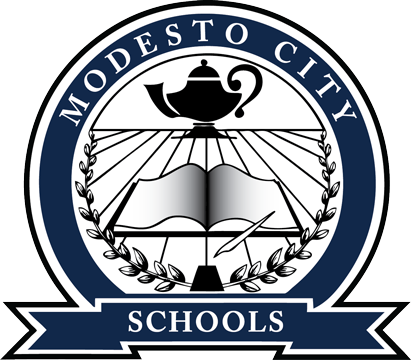Skip to content
Show submenu for District
District
LCAP: Local Control & Accountability Plan
Show submenu for School Information
School Information
Show submenu for Students
Students
Show submenu for Parents
Show submenu for Staff
Show submenu for Community
Community
Say Something Anonymous Reporting System
Show submenu for
